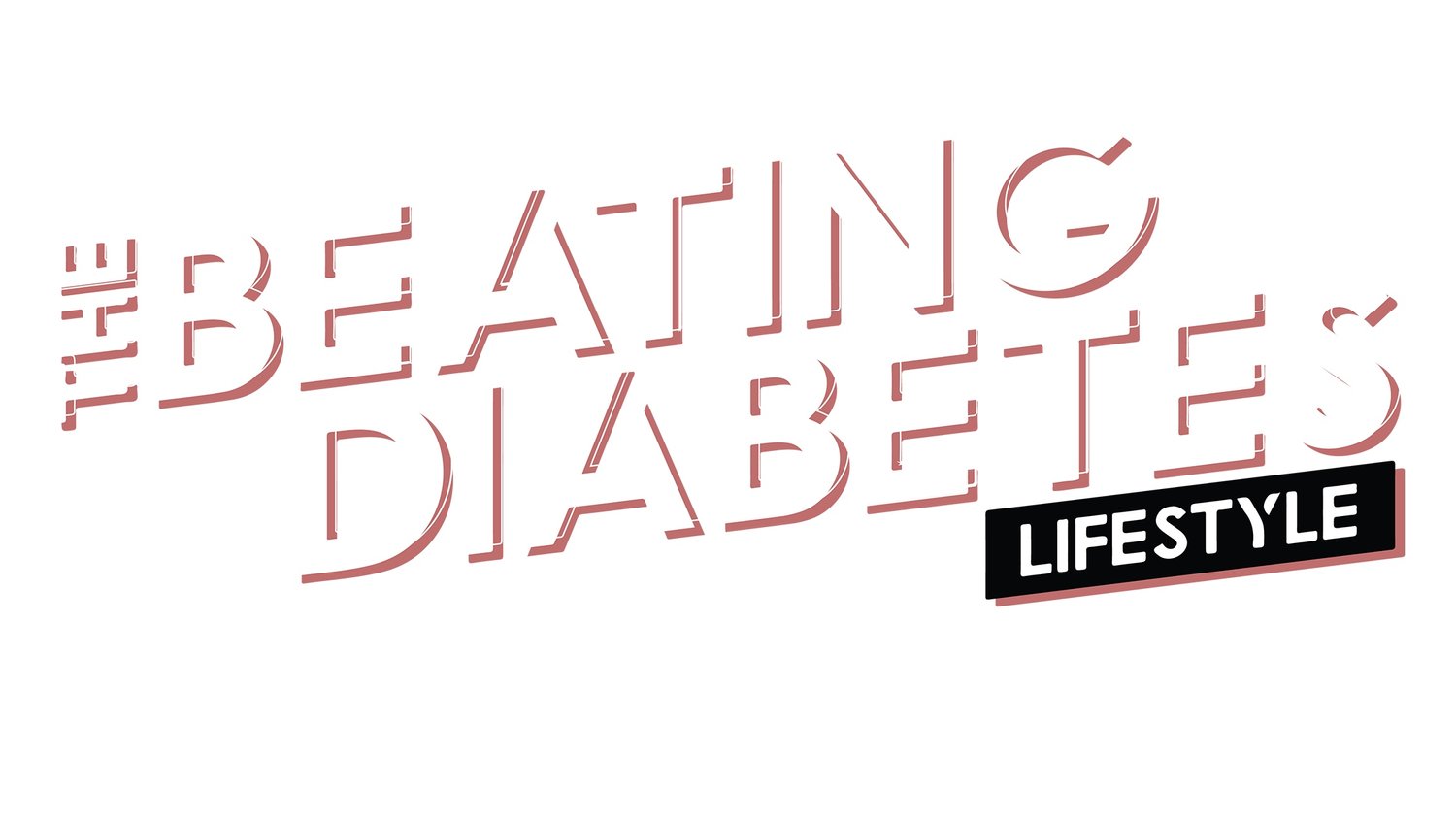A Healthy Guide to Good Nutrition
We’re all concerned about our health; at least we should be.
I have come to learn that “being healthy” is more than just exercising regularly and eating healthy foods on occasion. There’s a lifestyle component. You see, when you make up your mind to achieve better health, the focus should be on making it a way of life. Short-term weight loss goals are ok. However, we’re after longevity.
This became very clear after I set off on my health journey to lose weight and reverse type 2 diabetes. At first, losing weight was an obession. I was tired of being overweight and stressed out because of diabetes. Having to take medication and watch what I eat became so frustrating. I didn’t have a clue what I was doing at first. But that changed over time.
I started to focus less on dropping pounds, and more on being healthy. After awhile, losing weight became a natural byproduct of that decision to develop a healthy lifestyle.
As of today, I’ve lost over 80 pounds, and I’m no longer on medication. I exercise daily, and I regularly eat balanced, nutrient-dense meals. I regained my focus. I’m physically fit, and I feel alive. You can too!
Proper Nutrition Is the Key
Whether you’re at your ideal weight or striving to reach your weight goal, is it simply a matter of burning more calories than you take in? The answer is no!
Overall body health improvement, as well as weight gain or loss, must be factored into the equation or you could be heading for problems. Correct nutrition can help to reduce the risk of health-related problems, such as heart disease, obesity, high cholesterol, type 2 diabetes, inflamation, cancer, and other issues.
Proper nutrition, however, involves eating many different foods, monitoring your consumption of some food and beverages, and paying attention to your calorie intake. Good diets offer balanced nutrition that reduces cholesterol, blood pressure, and helps with weight control.
I have come to learn that to function properly, your body must have the correct combination of nutrients:
Carbohydrates (carbs). They are the primary source of ammunition in your diet. The body uses carbohydrates to build glucose which can be used immediately or stored in your body for later. Too much glucose, however, is stored as fat. There are two types of carbohydrates: simple and complex. Sugars are simple carbohydrates. Starches and fibers are complex carbohydrates.
Proteins. Proteins help your body build and maintain muscles and other tissues. They also function in the creation of hormones. Like carbohydrates, excess protein is stored as fat. Animal and vegetable proteins are the two major types of proteins. Too much animal protein can cause high cholesterol, as it is high in saturated fat.
Fat. It may seem strange, but fat is another nutrient your body requires. It comes in both saturated and unsaturated forms. Saturated fat puts you at risk of health problems. Unsaturated fat is healthy, but if it goes through any type of refinement process, it can become saturated fat.
Vitamins. These are also required nutrients. Different vitamins perform different tasks within the body. They can work with your metabolism to help with energy levels for tasks your body needs to perform. It has also been said that certain vitamins can prevent disease.
For example, vitamins A, C, and E, also called antioxidants, can assist with the prevention of coronary artery disease by keeping build up from occurring on artery walls. Vitamin B-1 is needed for digestion and proper nervous system function. Vitamin B-2 is needed for normal cell growth. Vitamin B-3 helps to detoxify your body. Folic acid assists with production of red blood cells. Vitamin D assists with the absorption of calcium. Vitamin K helps your blood clot.
Minerals and trace elements. These are another nutrient your body requires. Both are used in many different body processes. Minerals like chlorine help make your digestive juices. Phosphorus helps build strong bones. Both can be found in the foods we consume, but with a trace element, your body just needs a tiny amount. Salt is one final nutrient your body requires. You should not consume more than 2400 milligrams per day, though, as it might raise your blood pressure. I personally stopped adding salt to my meals. Instead, I added garlic while cooking dinners, for example, to help give my food flavor.
Finding Your Balance and Doing it Well
You should follow several guidelines to create a well balanced, nutritional diet. First, try to consume two and one half cups of vegetables and two cups of fruit each day. When making your selections for each day, be sure to choose a good variety. A good rough guide is to eat as many different colors as possible, this will help you to select from all five vegetable subgroups at least four times per week. Download the “Healthy Grocery Shopping Guide: Fruits & Veggies Edition” I created that goes more in depth.
You should eat at least three ounces of whole grain products each day. At least half of your grain intake should be whole grain based.
I’m not a cow’s milk or goat’s milk drinker. But some believe milk should also be part of a healthy diet. If you decide to incorporate milk, consume at least forty-eight ounces of low fat milk or milk products on a daily basis. Your total fat intake should only be between ten and thirty percent of your calories.
Most of the fats you consume should be in the form of unsaturated fats, as saturated fats can do much to damage your health. Meat, poultry, dry beans, and milk or milk products should all be lean, low-fat, or fat-free. Less than ten percent of your calories should come from saturated fats, and you should always try to avoid trans-fatty acid.
Fiber-rich fruits, vegetables and whole grains should be a regular part of your diet as should potassium rich foods. I don’t recommend consuming alcoholic beverages.
Bottomline, excellent nutrition is the basis of a healthy diet.
Hopefully you found this information to be helpful!
As always, stay focused, keep moving, never go back, Trust God!
Join our Facebook Community Group called The Beating Diabestes Lifestyle Community. I would like you to connect with others in this growing community of folks, like you, who want to live healthy. Click here to learn more.
©2022 Oscar Camejo - The Beating Diabetes Lifestyle



